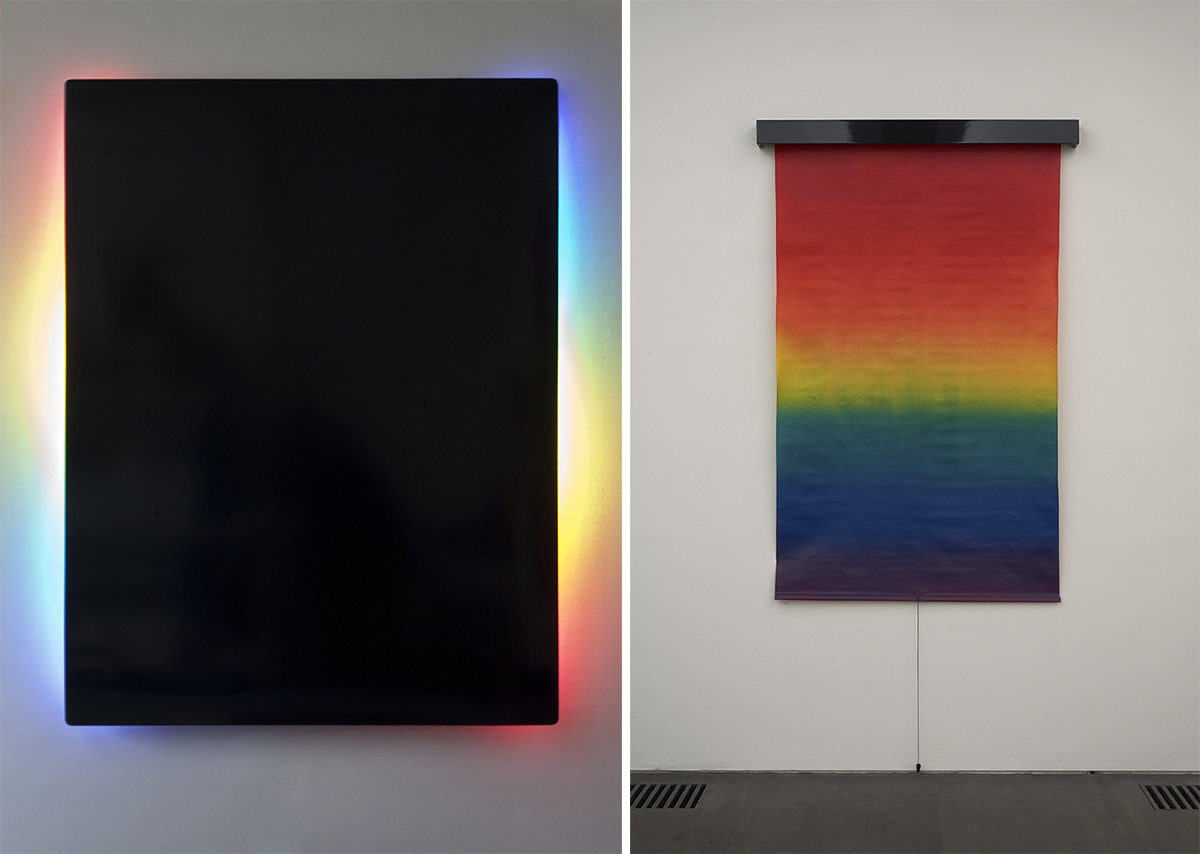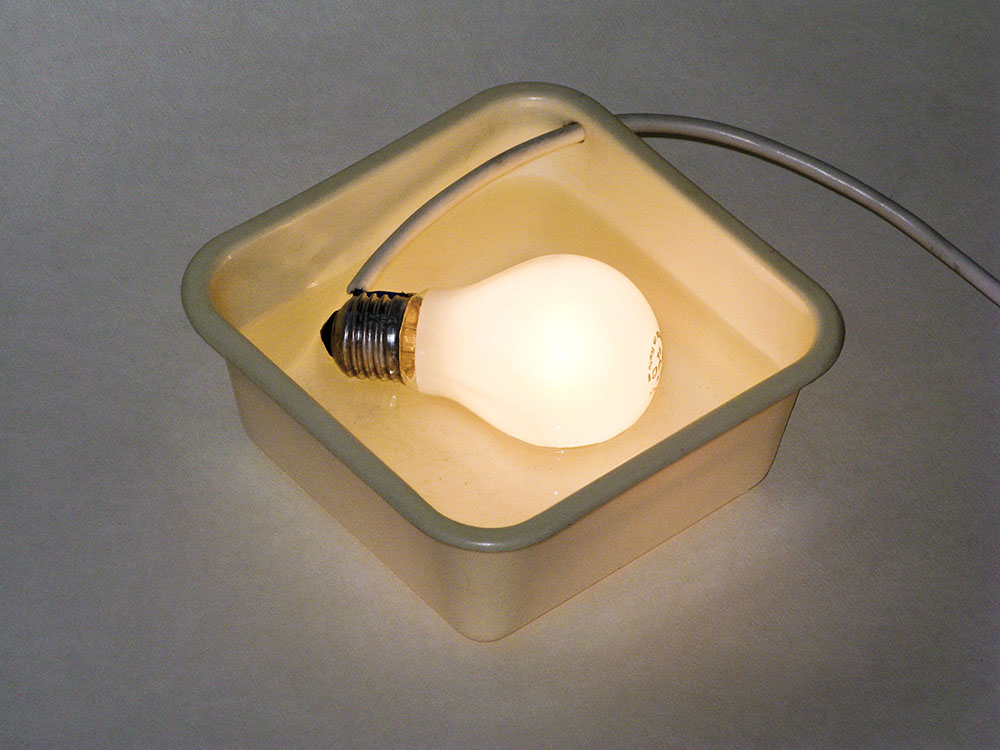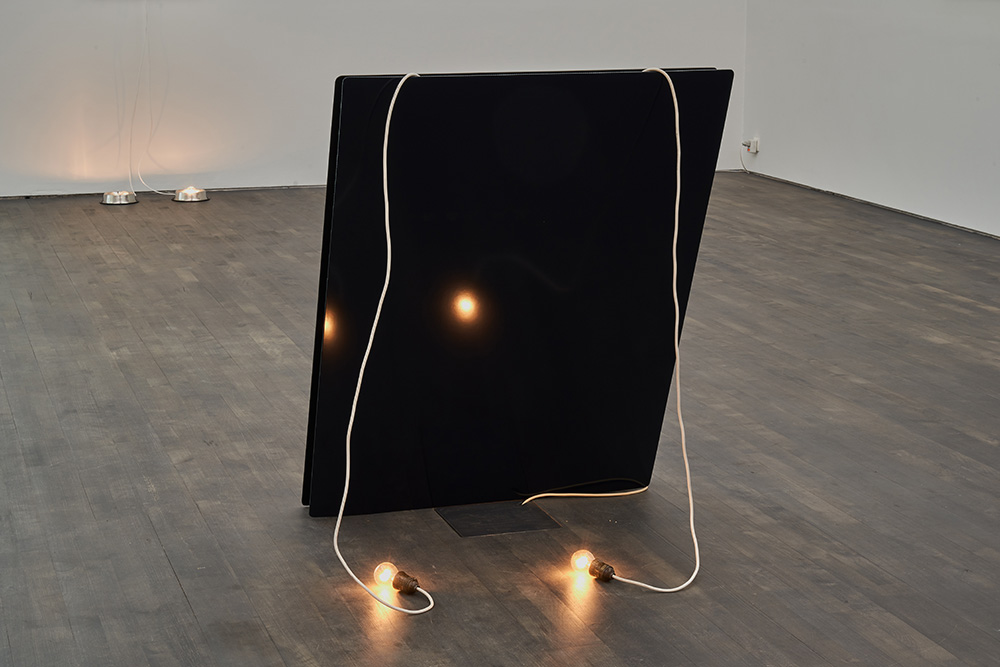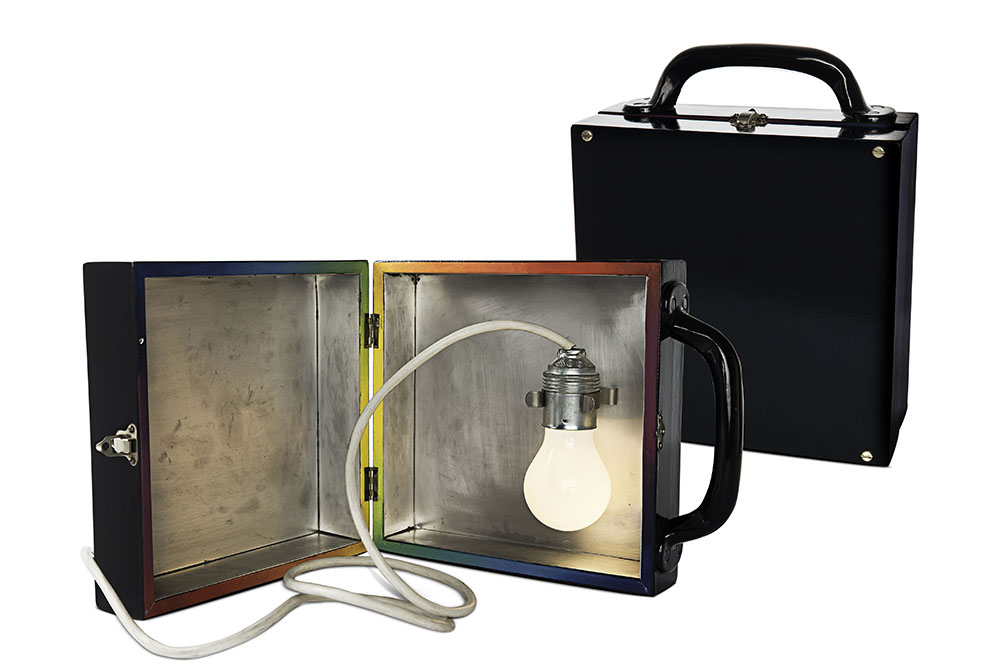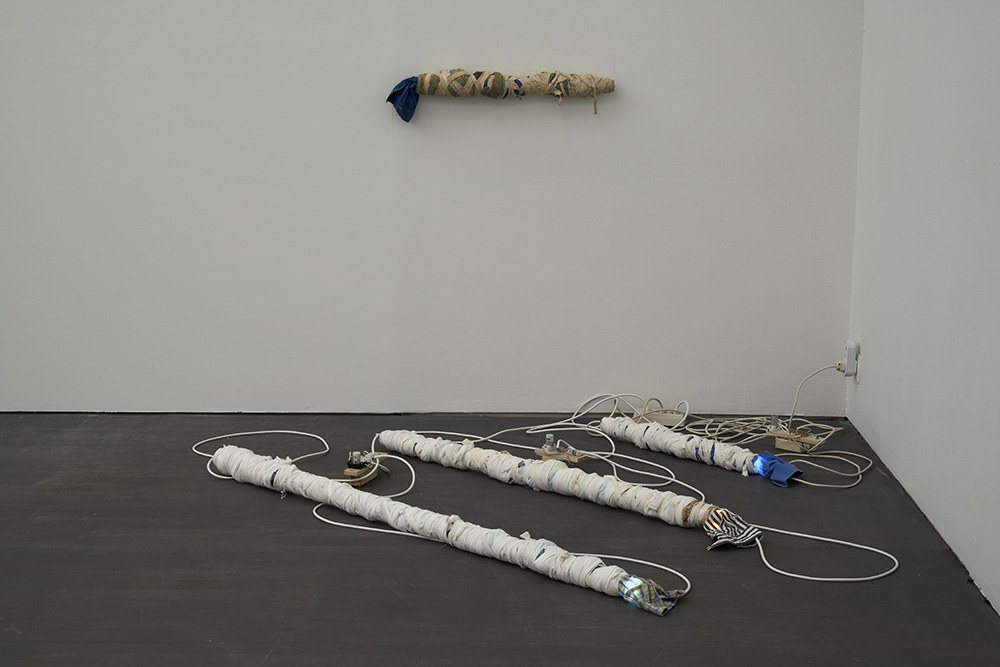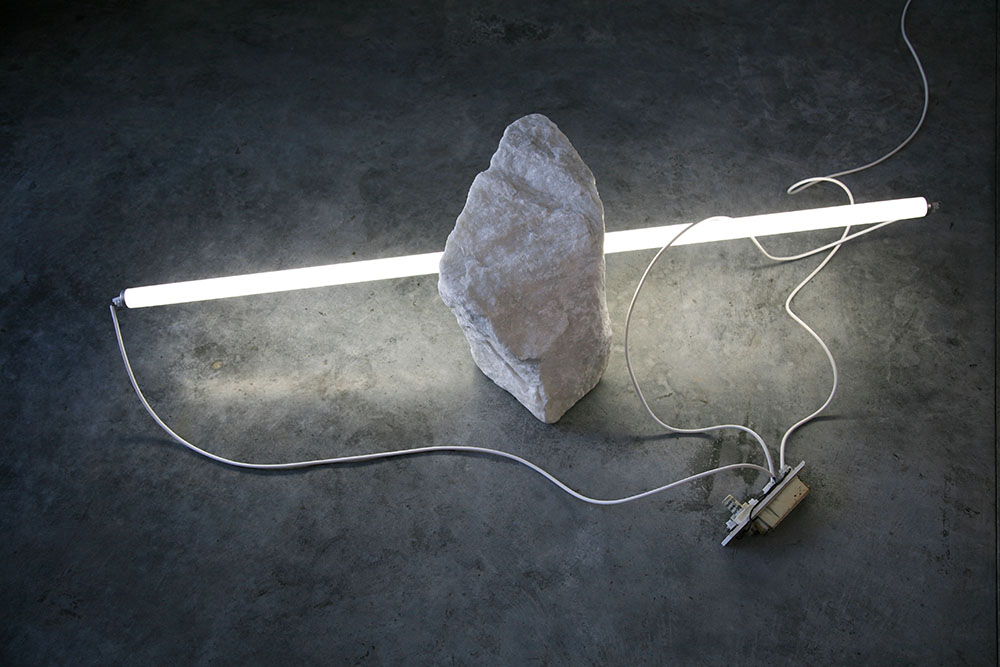ART-PRESENTATION: Leo Copers,1969-1974
 Leo Copers has built up a varied oeuvre of sculptural work, installations and performances since the late sixties. The starting point is an everyday object, which he changes, isolates or expands so that it will become both poetic and dramatic, speaking of danger, destruction and mortality. Copers’s work is composed with a measure of both irony and strategicic thinking. The use objects are selected on the basis of the specific expectations they create in the viewer.
Leo Copers has built up a varied oeuvre of sculptural work, installations and performances since the late sixties. The starting point is an everyday object, which he changes, isolates or expands so that it will become both poetic and dramatic, speaking of danger, destruction and mortality. Copers’s work is composed with a measure of both irony and strategicic thinking. The use objects are selected on the basis of the specific expectations they create in the viewer.
By Dimitris Lempesis
Photo: S.M.A.K. Archive
A survey of Copers’ earliest artistic practice in the form of a selection of work done between 1969 and 1974 is on presentation in S.M.A.K., the motifs in this exhibition, in addition to the four natural elements, include gas, rainbow colors and artificial light such as incandescent and fluorescent lamps. In the development of his early work, Copers looked for ways of combining such seemingly incompatible elements. The start of Copers’ artistic career can be dated precisely to 3 May 1969. Legend has it that on that day he was struck by the simple scene of a used lightbulb floating on the River Lys in Ghent. This image gives concrete form to the expression ‘he saw the light’ and symbolises the start of Copers’ continual experimentation with opposing forces. The incident itself was immortalised in the sculpture “Waterlamp” (1969), which is where his solo exhibition starts. Although at first sight his work appears to be oriented towards aesthetics, on closer examination it conveys dramatic and threatening situations. Being very much aware of movements on the international art scene, in his early work Copers additionally made reference to, among other things, René Magritte’s poetic surrealism, Marcel Broodthaers’ anti-institutional humour, and such art history icons as Filippo Marinetti and Leonardo da Vinci’s “Mona Lisa”. In addition to sculptures and installations, this exhibition also includes slides, photos, videos and preliminary sketches. Danger, destruction and transience are motifs in this exhibition. The artist takes a dual approach to them. Although at first sight his sculptures and installations appear to be oriented towards aesthetics, on closer examination they convey dramatic and threatening situations. A few of the projects have strong links with art history and its icons, including René Magritte, Leonardo Da Vinci and Filippo Marinetti. Apart from sculptures and installations, the exhibition also includes videos and photos, and draft drawings for various projects are also on display.
Info: S.M.A.K., Jan Hoetplein 1, Gent, Duration: 2/6-2/9/18 Days & Hours: Tue-Fri 9:30-17:30, Sat-Sun 10:00-18:00, http://smak.be/en
